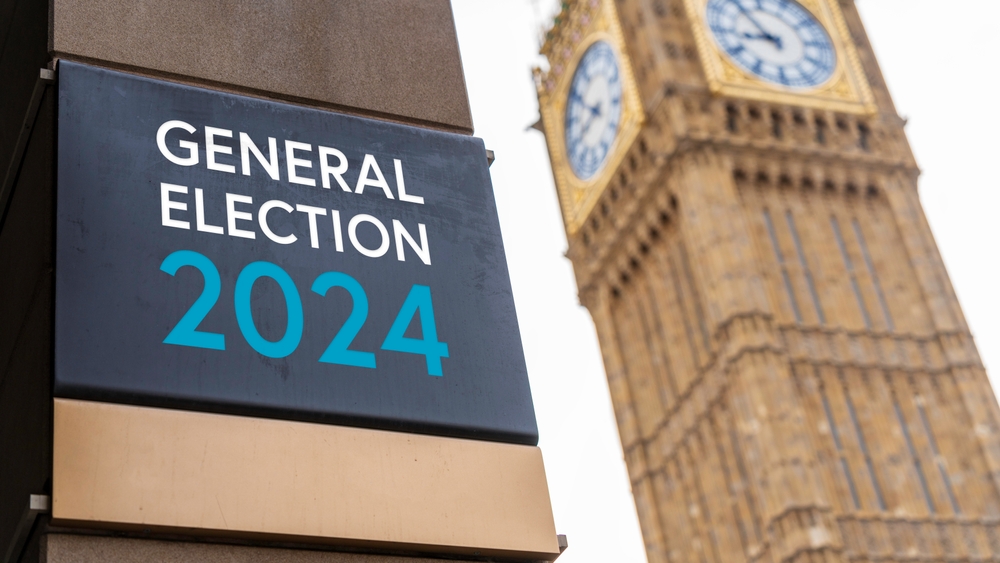The Prime Minister, Rishi Sunak, called a general election last week, scheduled for July 4, 2024. This will mark the first July election since 1945.
There is only a six-week campaign period. As a result, there will be no pre-election fiscal statement. Instead, the government is relying on the drop in inflation to 2.3% and claiming that the economy is improving.
Will there be an emergency budget after the election?
There is generally an anticipation of tax announcements after the election.
Depending on the election outcome, there might be an “emergency budget” or other fiscal event to establish new tax policies.
However, time is very short! The State Opening of the new Parliament is set for Wednesday, 17th July, but the summer recess is scheduled to start less than a week later on Tuesday, 23rd July.
Maybe we could see some adjustments to the usual Parliamentary calendar. A full Autumn statement feels more likely.
What is the impact on HM Revenue & Customs (HMRC)
All Government departments are now in a ‘period of sensitivity’ (previously known as ‘purdah’).
During this time, ministers and civil servants will be cautious about making announcements or decisions that could impact the election campaign. As a result, we can expect to see fewer communications from HMRC in the coming weeks.
This also relates to the journey towards Making Tax Digital (MTD) for Income Tax, scheduled to begin in April 2026. HMRC has been actively urging agents and taxpayers to voluntarily sign up for ‘testing’ (or the private beta) now, for the 2024/25 tax year.
While the testing phase will need to continue for those already in the new system, it remains to be seen if HMRC will continue to encourage or admit others to join. This particular project has been delayed several times already but it impacts a number of you. So we will be keeping a close eye on what happens next.
What’s happening to the Finance (No2) Bill 2024
Finance (No 2) Bill 2024 was introduced following the 2024 Spring Budget. It is a relatively small Bill but includes the following areas among others:
- The High Income Child Benefit Charge, and increase in thresholds
- The reduction in the higher rate of CGT for residential property gains to 24%
- Abolishing Multiple Dwellings relief for Stamp Duty Land Tax
Business in both the House of Commons and House of Lords ended abruptly last week until a new Parliament opens. As a result, this Bill was rushed through last week. There was a very brief discussion in the Lords last Friday and it received Royal Assent on the same day.
What about the change in rules for Furnished Holiday Lets (FHL)
It appears that there will be no communication on the proposed changes to FHL for the next couple of months, depending on the content of the party manifestos.
We understand that this situation is challenging for affected taxpayers, as it makes it hard for you to plan for the 2025/26 tax year and beyond.
If you are caught by this change then talk to us.
The political parties will soon be releasing their party manifestos. These will set out their promises and intentions, should they win the election. These will make very interesting reading.
Future Tax Policies
Until such time, we can review the statements already made over the last few weeks and months by both the Conservative Party and Labour.
-
Possible Labour Government
At recent conferences, Shadow Chancellor, Rachel Reeves has announced the following Labour policies:
- Removing VAT and business rates exemptions from private schools;
- Increasing stamp duty land tax for buyers from overseas;
- Abolishing non-domicile status (a measure that was taken up by the current Chancellor in Spring Budget 2024)
- Capping the headline rate of corporation tax at 25% for the rest of the next parliament, along with retaining full expensing and the annual investment allowance.
In addition to the above announcements, in April 2024, Labour published their “Plan to close the tax gap”.
In summary, the tax gap would be reduced by engaging in the following:
- Increased compliance activity from HMRC;
- Investing in technology transformation in the tax system; and
- Making more legal challenges to deter tax evasion.
Labour also acknowledges HMRC’s challenges with digitisation, including MTD, to date and say that there will be “new, achievable timescales for delivery”. We will wait and see what this means.
-
Possible Conservative Government
In this scenario, things are much clearer because the current government has laid out its plans in recent fiscal events.
Chancellor Jeremy Hunt has stated
- He considers National Insurance to be “unfair” and intends to reduce it with the aim of eventually eliminating it altogether.
- He has announced that going forward, the high income benefit charge (HICBC) will be calculated based on household income.
At this stage, we are not aware of any other major tax policy announcements.
2024 – What’s next?
What is clear is that regardless of who is successful in this summer’s general election, 2024 will be a year in which we gain a clearer view of plans that will affect you.
As usual, we will keep you updated on the major developments, giving you the insight that is most relevant to you. However in the meantime, if you have any questions please email your normal manager at Myers Clark.
We are also recommending that you follow us on our social media pages and these are updated almost daily with news items.
If you are not yet working with us, have a look at how we work

